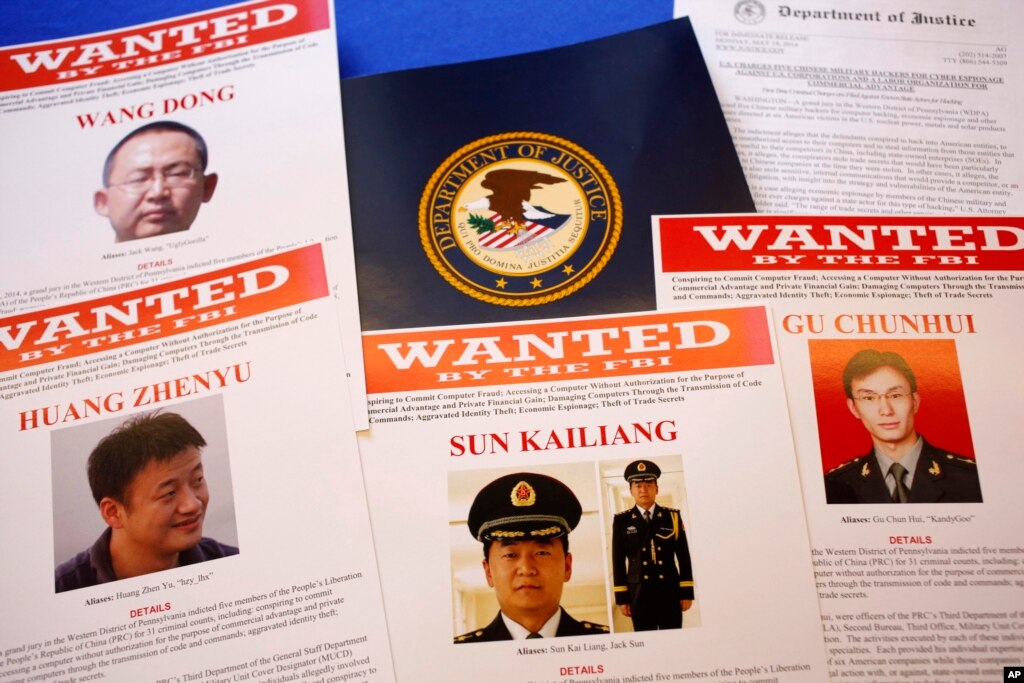
The United States recently charged five Chinese military officers with spying on American metal, nuclear and solar power companies. China immediately rejected the accusations. The charges are evidence of a basic disagreement about what the two countries consider their national security interests.
The U.S. government says Chinese spies are secretly using computers at United States Steel Corporation to learn how to reduce steel production costs. Officials say lower prices would drive down world steel prices and company profits. U.S. Steel has cut production and reduced the size of its work force.
In Beijing, Chinese Foreign Ministry official Hong Lei angrily dismissed the charges.
He said the U.S. move once again shows what he called the “domineering attitude and hypocrisy” of the U.S. He said China has urged the U.S. to correct its mistakes and remove the so-called charges.
Ben FitzGerald works for the Center for a New American Security, a public policy group in Washington, D.C. He notes that the U.S. government is reported to have spied on foreign companies. But he says it has not done so for economic gain.
“We use it for national security, to do counterterrorism or for state-in-state-related intelligence questions, so that our diplomats are better prepared, so that our military professionals know what’s coming, as opposed to trying to help our businesses succeed. That’s just not part of our conception of how business is done.”
However, China considers economic gain as part of its national security interests.
“They have a much closer relationship between the health of their economy and their businesses and their national security. Whereas, in a U.S.- and often a European context, we see those as separate activities.”
President Barack Obama and Chinese President Xi Jinping have discussed the industrial espionage issue repeatedly. Jay Carney is a spokesman for Mr. Obama.
“This is an issue that has been brought up by President Obama with President Xi in their meetings as recently as in March as a general problem that we have seen and reflects the president’s overall concern about cyber security.”
Yet as Ben FitzGerald notes, the charges are a sign that the discussions were not working.
“This is really a result of a breakdown in communication between China and the U.S., or a lack of Chinese involvement in taking this problem seriously in closed-door conversations. So now the administration has chosen to make this a public dialogue rather than a private one.
Up until now, the public dialogue has not led to any agreement on this issue. I’m Anna Matteo.





